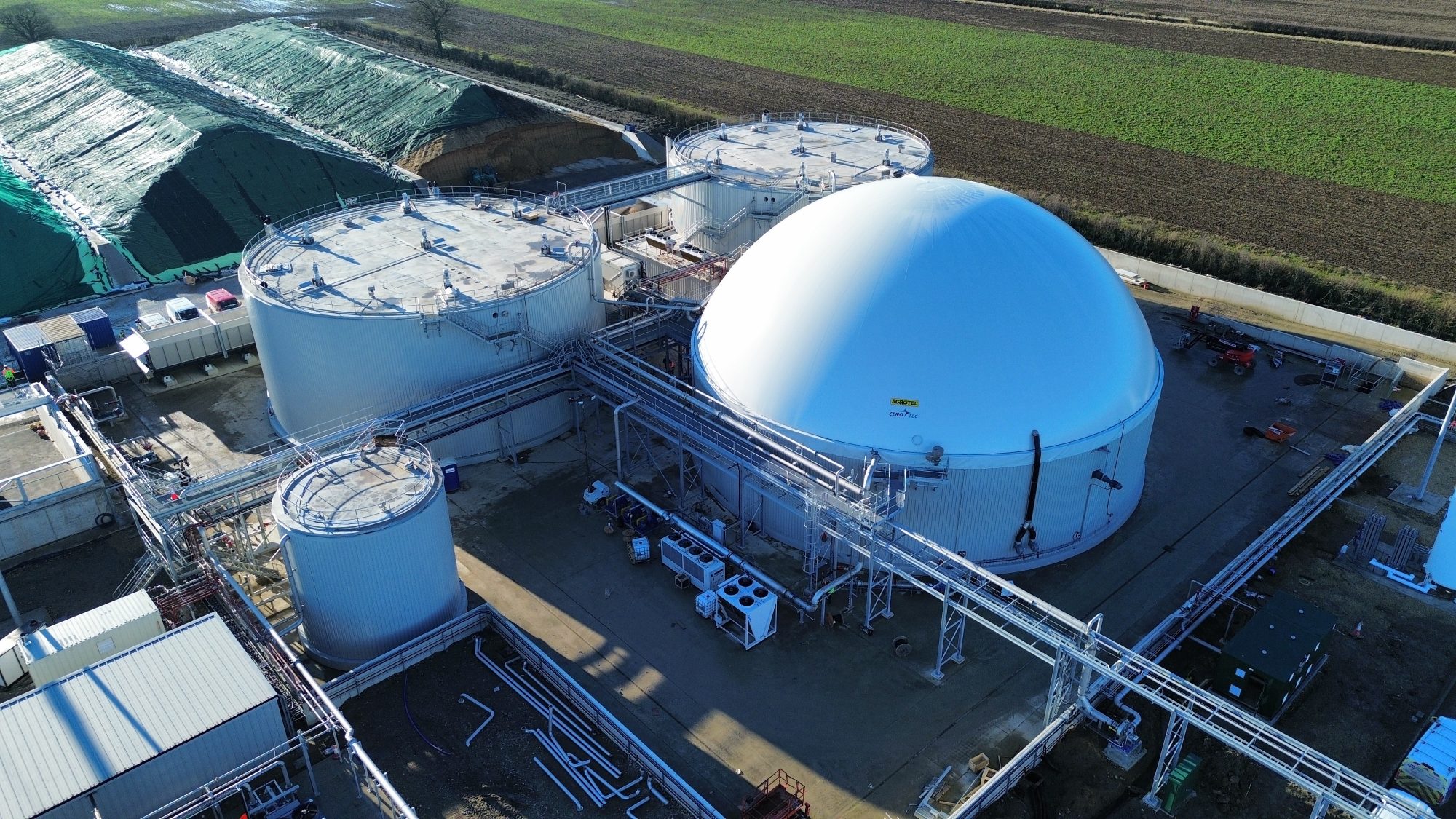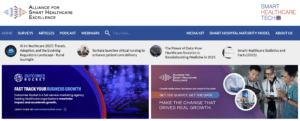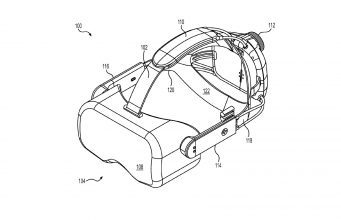Data Readiness: The Key to Healthcare’s Digital Future
The following is a guest article by Gurpreet (G.P.) Singh, VP Interoperability Solutions at ELLKAY. How Healthcare Organizations Can Modernize Legacy Data Infrastructure to Power AI, Cloud, and Digital Transformation The Next Era of Healthcare is Data Driven The future of healthcare belongs to organizations that can harness the power of their data. With innovations […]

 The following is a guest article by Gurpreet (G.P.) Singh, VP Interoperability Solutions at ELLKAY.
The following is a guest article by Gurpreet (G.P.) Singh, VP Interoperability Solutions at ELLKAY.
How Healthcare Organizations Can Modernize Legacy Data Infrastructure to Power AI, Cloud, and Digital Transformation
The Next Era of Healthcare is Data Driven
The future of healthcare belongs to organizations that can harness the power of their data. With innovations like AI, predictive analytics, and digital health solutions transforming patient care, success hinges on having a strong, interoperable data foundation. Yet, many healthcare organizations remain hindered by legacy systems—slowing progress, increasing costs, and limiting their ability to leverage real-time insights.
As Tressa Springmann, SVP & CIDO of LifeBridge Health, puts it: “Data is our new currency. In the future, healthcare organizations are going to win and lose on their ability to take advantage of that data.”
This raises a critical question for healthcare leaders: How can CIOs cost-effectively modernize their data infrastructure without compromising operational continuity and security?
The Growing Demand for Data-driven Healthcare
The healthcare industry is experiencing an unprecedented surge in data generation—from patient records and wearables to digital health platforms and AI-driven insights. However, unlocking the full potential of this data requires modern, connected systems built for speed, scalability, and interoperability. Here’s how healthcare organizations are evolving their data strategies to meet the demands of a digital-first future:
- The Shift to Cloud-Based Ecosystems
Cloud adoption is no longer a choice—it’s a necessity. Cloud-native infrastructures enable real-time data access, stronger security, and scalable storage to support AI, interoperability, and remote care. To keep pace, payers, providers, and vendors must break free from on-premises silos and embrace the agility of the cloud. - Digital Health Expansion & Patient-centric Care
The rise of virtual care, remote monitoring, and wearable devices is generating massive data streams. However, legacy systems often fall short of integrating this data into core healthcare operations. Implementing FHIR standards and API-based integrations is critical for seamless data sharing between digital health tools and core EHR systems—ensuring patient-centric, connected care. - Advanced Analytics & AI Require Clean, Usable Data
AI-driven tools are revolutionizing healthcare—from predictive modeling to clinical decision support. But these technologies are only as powerful as the data behind them. Without proper data normalization, deduplication, and governance, AI outputs can become biased or misleading. Building a solid data foundation is key to driving accurate, actionable insights and delivering on the promise of AI in healthcare.
Key Challenges in Data Modernization
As healthcare organizations move toward a more connected, data-driven future, they face several challenges in modernizing their data infrastructure. From migrating legacy systems to ensuring compliance with new regulations, the path to modernization requires careful consideration and strategic planning:
- Legacy Data Migration & Infrastructure Overhaul
Migrating from legacy data systems to cloud or hybrid environments is no small task. It requires meticulous planning to minimize downtime, prevent data loss, and avoid disruptions to daily operations. To ensure operational continuity, organizations are increasingly adopting incremental migration strategies, such as phased rollouts and hybrid cloud approaches, which allow for gradual modernization without compromising service delivery. - Interoperability Gaps & Regulatory Compliance
New initiatives like TEFCA™, FHIR adoption, and evolving payer-provider data exchange mandates are pushing healthcare systems toward more open and interoperable ecosystems. However, CIOs must navigate the complexities of regulatory compliance while building flexible, future-proofing data strategies that go beyond just meeting current mandates. Achieving interoperability and compliance is a delicate balance that requires foresight and agility. - Balancing Cost, Security, and Innovation
Data modernization demands significant investment, not only in infrastructure and technology but also in skilled personnel and cybersecurity measures to safeguard sensitive patient data. The challenge lies in scaling these investments cost-effectively. By implementing cloud optimization strategies—such as selecting the right mix of public, private, or hybrid clouds—along with data archiving and tiered storage solutions, organizations can reduce costs. Additionally, AI-powered data management tools are proving invaluable in streamlining operations and improving efficiency without sacrificing security.
Building a Future-Ready Data Strategy
As healthcare organizations work to modernize and future-proof their data strategies, a thoughtful, structured approach is essential for success. A well-designed data strategy should focus on interoperability, governance, and scalability to ensure that data remains an asset as the digital landscape evolves:
- Invest in Data Interoperability & Integration
The foundation of a future-ready data strategy is interoperability. By standardizing data formats, adopting open APIs, and enabling real-time data exchange, organizations can unlock the full potential of AI, analytics, and value-based care initiatives. Seamless integration across systems ensures that data flows freely across platforms, enhancing collaboration and improving patient outcomes. - Create a Scalable Data Governance Framework
As healthcare organizations scale, it’s crucial to implement robust data governance frameworks that maintain data integrity and security. Establishing clear ownership, validation protocols, and auditing processes helps ensure that data remains accurate, secure, and compliant as it expands across departments and systems. - Adopt a Phased Approach to Data Modernization
Data modernization doesn’t need to happen overnight. A phased approach allows organizations to transition to cloud environments at their own pace while minimizing disruption to operations. Hybrid cloud strategies—combining both on-premise and cloud infrastructure—offer flexibility, while automated data mapping and transformation tools accelerate the process of moving from legacy systems to modern platforms. This approach ensures that organizations can modernize without overwhelming their teams or losing momentum.
Conclusion: The Time to Act is Now
The next wave of healthcare innovation will be driven by clean, connected, and scalable data infrastructures. As the industry continues to evolve, CIOs must prioritize modernization to stay competitive and fully leverage the potential of AI, cloud, and digital health solutions.
At ELLKAY, we specialize in helping healthcare organizations transition to the modern, data-driven environments they need to thrive. From data migration to interoperability and cloud solutions, we’re here to support your journey every step of the way.
Ready to take the next step? Get in touch with us today to learn how ELLKAY can help you unlock the power of your data and drive your healthcare innovation forward.
Join the Conversation at HIMSS25
At HIMSS25 in Las Vegas, we’re diving into the critical role of data in AI strategy and digital transformation. Don’t miss our panel session:
“AI Strategy: The Critical Role of Data Integrity & Validity“
- March 5 | 3:15 – 4:15 PM (PT)
- Led by Dr. Zafar Chaudry, Chief Digital Officer & Chief AI and Information Officer at Seattle Children’s, Dr. Sonya Makhni, Medical Director at Mayo Clinic and Ajay Kapare, President & Chief Strategy Officer of ELLKAY.
But that’s not all—stop by ELLKAY’s Booth #2825 for live sessions, exciting happy hours, and more. It’s the perfect opportunity to connect with our team and discuss how we can help you navigate the next wave of healthcare innovation.
Schedule a meeting with us and be sure to visit us at booth #2825 to experience everything ELLKAY has to offer at HIMSS!
ELLKAY is a proud sponsor of Healthcare Scene.





























































































































![The breaking news round-up: Decagear launches today, Pimax announces new headsets, and more! [APRIL FOOL’S]](https://i0.wp.com/skarredghost.com/wp-content/uploads/2025/03/lawk_glasses_handson.jpg?fit=1366%2C1025&ssl=1)















